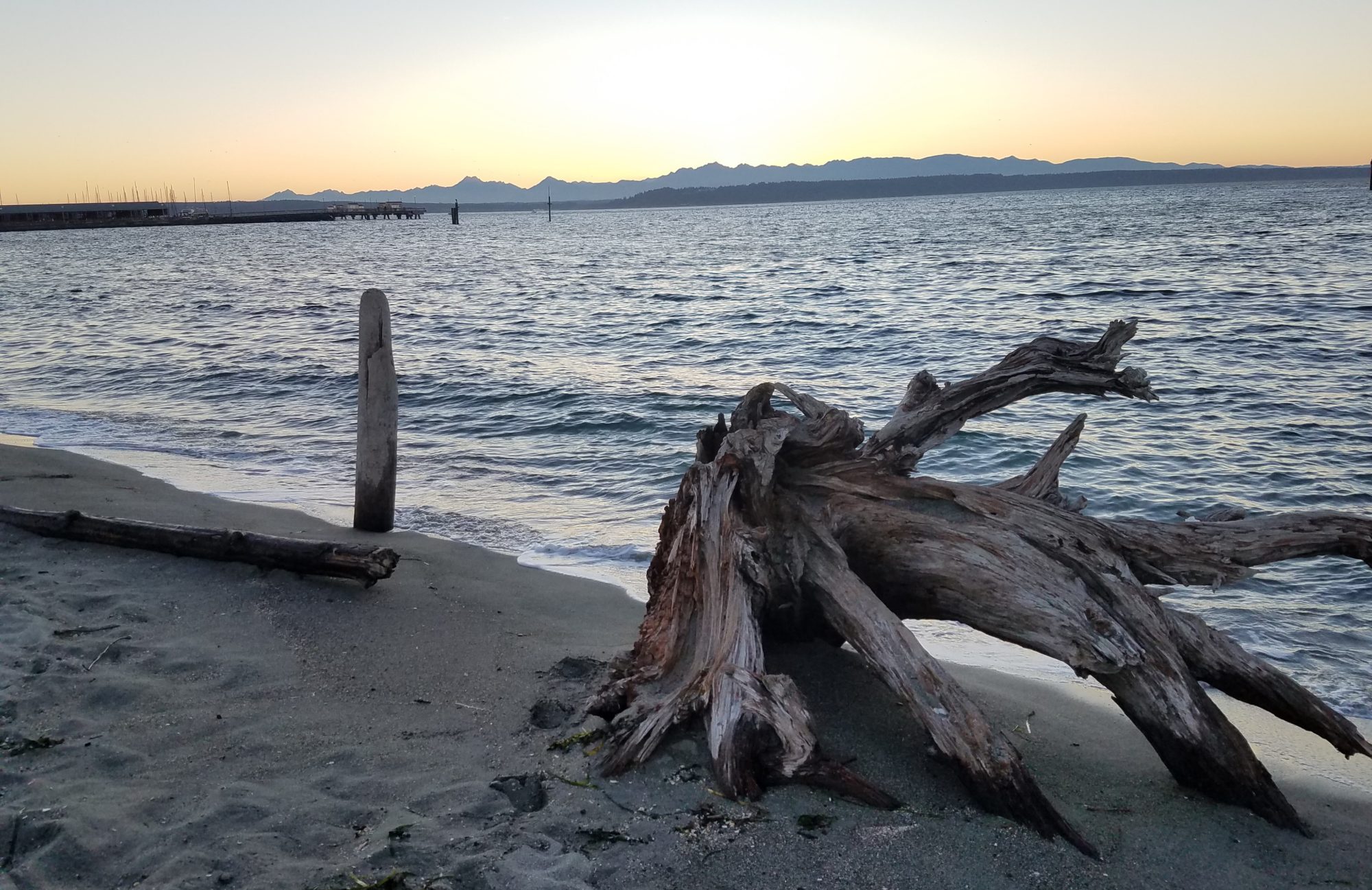Vimala Thakar was a social activist and spiritual teacher born in India in 1921. In the 1950’s she was active in an organization that encouraged wealthy landowners to give land to the poor. They redistributed millions of acres through this program. She met Jiddu Krishnamurti in 1958 and decided she wanted to work on the inner life, but later she returned to her activist proclivities and worked with villagers throughout India teaching agriculture, self-rule, sanitation, and activism. I found these wise words that I originally posted in 2014 on Facebook and realized how timely and important they still are for all of us who strive for social change while holding our connections to the Divine.
“As soon as there is awareness of wholeness, every moment becomes sacred, every movement is sacred. The sense of oneness is no longer an intellectual connection. We will in all our actions be whole, total, natural, without effort. Every action or nonaction will have the perfume of wholeness.
“In this era, to become a spiritual inquirer without social consciousness is a luxury that we can ill afford, and to be a social activist without a scientific understanding of the inner workings of the mind is the worst folly. Neither approach in isolation has had any significant success.
“There is no question now that an inquirer will have to make an effort to be socially conscious or that an activist will have to be persuaded of the moral crisis in the human psyche, the significance of being attentive to the inner life. The challenge awaiting us is to go much deeper as human beings, to abandon superficial prejudices and preferences, to expand understanding to a global scale, integrating the totality of living, and to become aware of the wholeness of which we are a manifestation.
“As we deepen in understanding, the arbitrary divisions between inner and outer disappear. The essence of life, the beauty, and grandeur of life, is its wholeness. Life, in reality, cannot be divided into the inner and the outer, the individual and social. We may make arbitrary divisions for the convenience of collective life, for analysis, but essentially any division between inner and outer has no reality, no meaning.
“The total revolution we are examining is not for the timid or the self-righteous. It is for those who love truth more than pretense. It is for those who sincerely, humbly want to find a way out of this mess that we, each one of us, have created out of indifference, carelessness, and lack of moral courage. “




